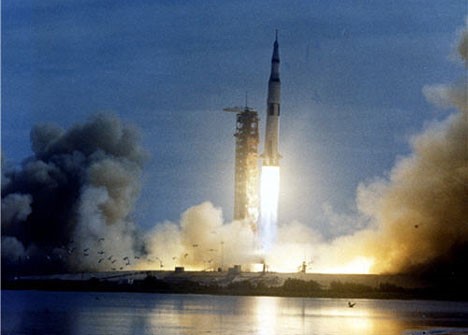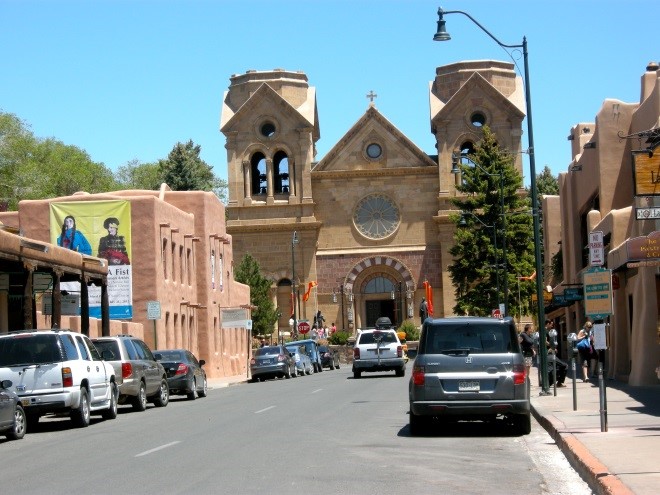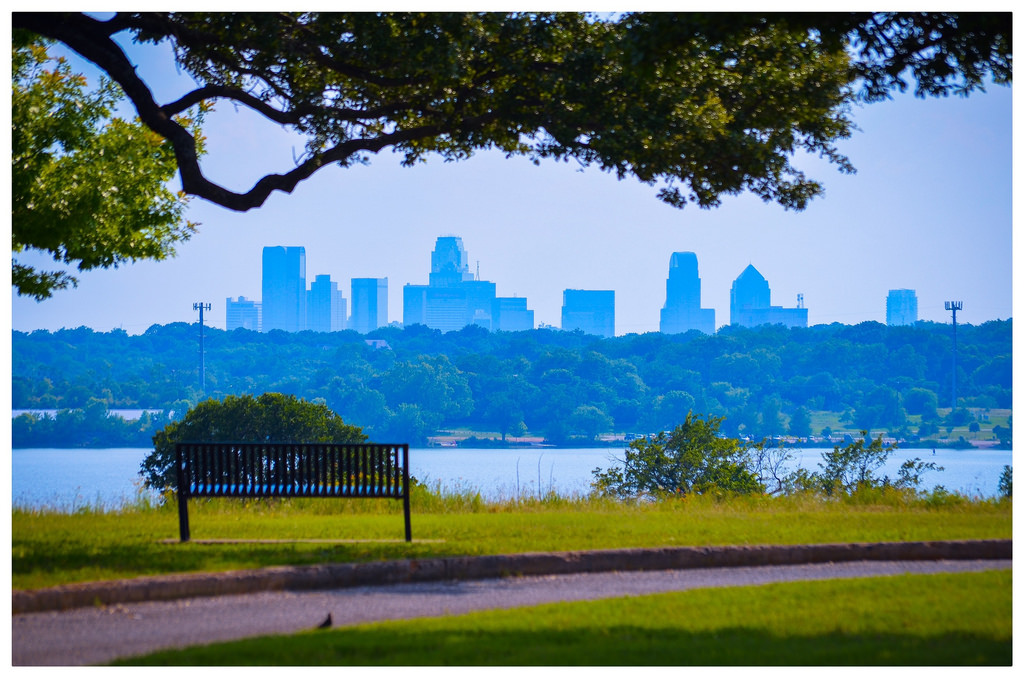What Do You Collect?
/Are you a collector? Or maybe the better question is: Does the person you live with consider you to be a collector? (Try asking them.)
Some people collect guns, or animal heads they hang on the wall. Others collect paintings, shoes, bicycles, pottery, tools, or swimsuits.
We all have collections that make no sense to other people. Me, I have a lot of books, 90% of which I’ve read, often highlighted and annotated, that someone else might clear out to make room for things they like better. “You could have all those on your Kindle” is what I’ve been told many times by people who might love to read but don’t enjoy the feel of a real book in their hands the way I do. All I can answer is, books are important to me. They have been since I first learned to read, and I still like holding physical books in my hands.
Saving or collecting?
I save (is that the same thing as collecting) quarters, the ones representing each state or national park, on the rare chance one of my grandchildren will want a complete set. I have five or six one-liter water bottles full of quarters.
I have saved postage stamps for decades, again hoping someone in my family lineage will think they are cool and become a philatelist.
I have a collection of letters Cyndi and I wrote to each other when she was an the University of New Mexico and I was at the University of Oklahoma, back when long-distant telephone calls were too expensive, and decades before email was an option. Cyndi’s letters tend to be on flowery stationary and mine on green engineering graph paper. Maybe someone will want to read them some day?
Some might say I collect trombones since we have four of them in our house: a classic Conn 88H from 1973, a Bach once played in high school by daughter Katie, a cool black plastic pBone, and my favorite, a King Silver Sonic 3B that I’ve played since the summer of 1970.
A few years ago I moved my parents from Hobbs to Manor Park in Midland. The move was the easy part. I spent the next two months driving to Hobbs every Thursday to clean their old house, haul stuff away, and box the rest to come to Midland. Of the boxes we brought to our house, I gave away almost all of the clothes, sold much of the furniture, and gave away other bits and pieces to any family member who had a connection to the items. We repeated the process after my mom died in 2014, and once again after my dad passed away in 2017. And yet, we still have dishes, tools, boxes of collectables in our garage and attic. That’s fifty years of collecting.
Why do we collect things?
Well, we collect what we like, or once liked and think we might want to like it again, or use it again in the future. I can’t think of anything we have around our house that we didn’t bring in ourselves because we liked it, other than some decorating items we accumulated to fill space when we first moved in.
We also save things out of fear. The more stuff we have, the more contingencies we’re prepared for. But how often do we actually use what we collect? Looking back at our family history, the number of times we were rescued from a problem because, thankfully, we had just what we needed piled in the garage behind the cans of old paint or stacks of bicycle tubes, are few if any. More likely we couldn’t find what we needed until after buying it again, or technology rendered it irrelevant, or we forgot we ever owned it in the first place. It isn’t like we keep an inventory of everything we own on a spreadsheet … who would do something like that?
How do you decide what to keep?
When deciding whether to keep something or move it out, Cyndi and I are training ourselves to ask: Does it have a story? The things we collect should be more than merely beautiful, they should be part of our lives.
How about you? What do you collect?
“I run in the path of Your commands, for You have set my heart free.” Psalm 119:32

















